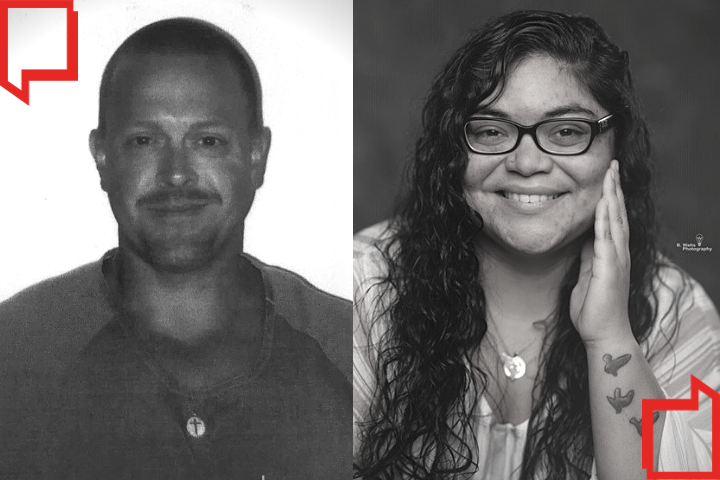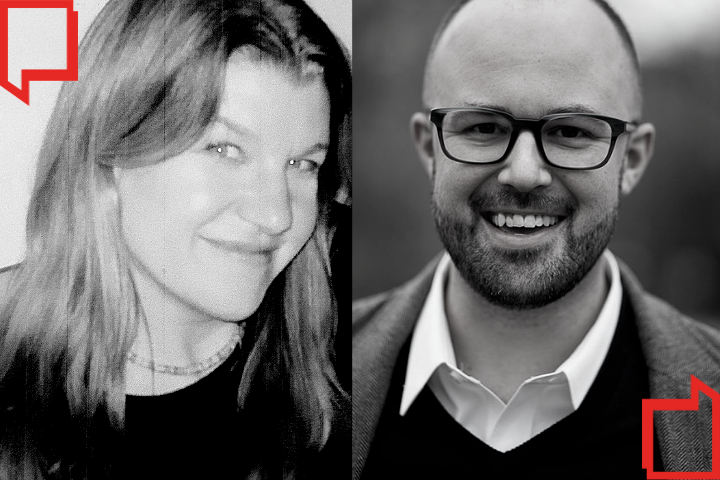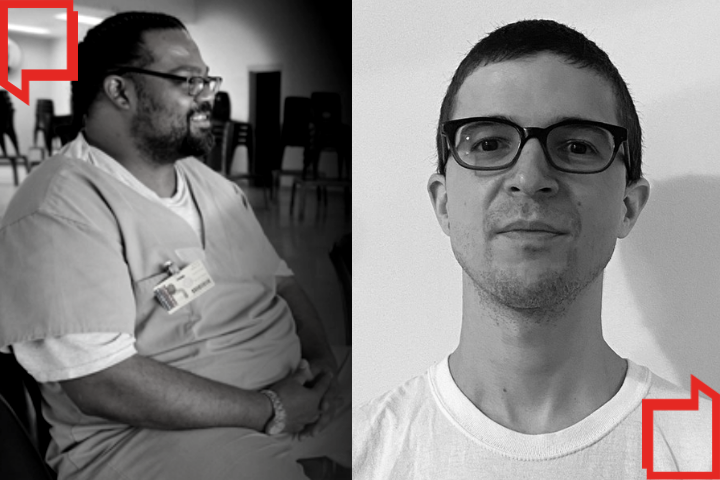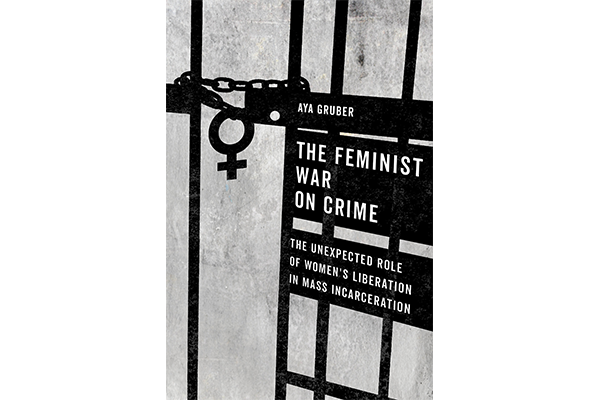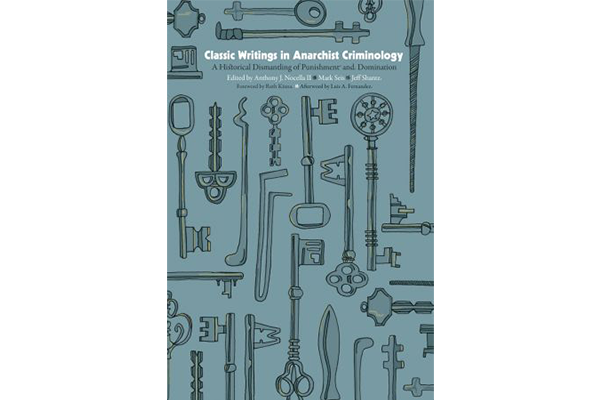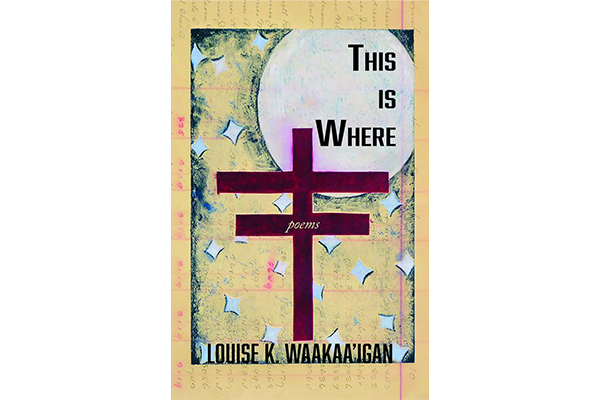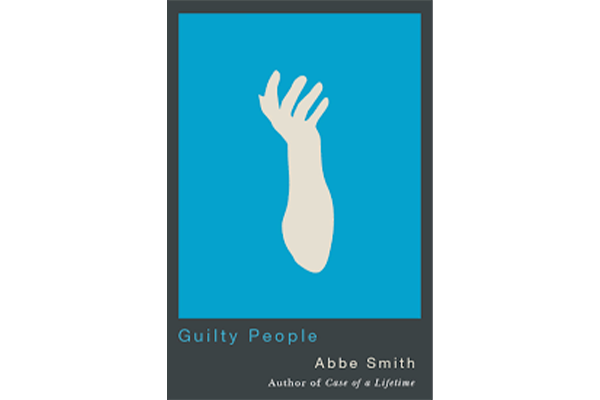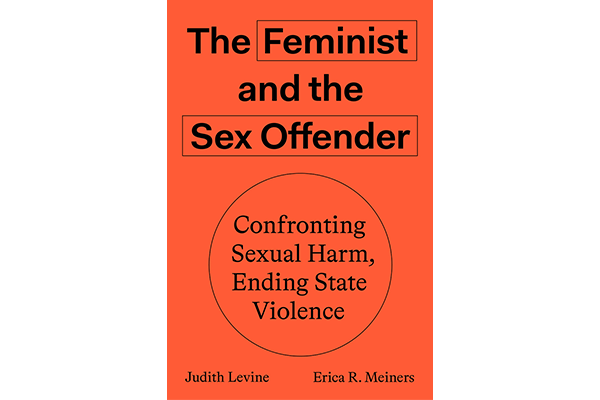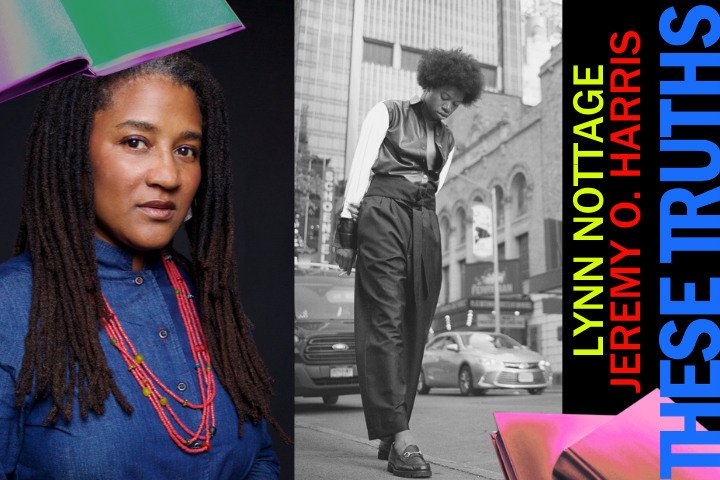Jeffrey Young was awarded second place in Memoir in the 2020 Prison Writing Contest.
Every year, hundreds of imprisoned people from around the country submit poetry, fiction, nonfiction, and dramatic works to PEN America’s Prison Writing Contest, one of the few outlets of free expression for the country’s incarcerated population.
This piece is also featured in Breathe Into the Ground, the 2020 Prison Writing Awards Anthology.
BURN BABY, BURN
On an early January morning, my mother tossed me out her bedroom window from our second floor apartment. Tumbling through the air like a meteor before impact, my yellow shirt rippled against the brisk winter wind. I landed in a stranger’s arms; a passerby who heard the screams and saw the black smoke coiling out the windows towards the turquoise sky. I was four years old. I had just set the house on fire.
Somehow, a T.V. Guide found its way into my left palm, and a classic BIC lighter leapt into the fingers of my right hand. Curiosity consumed me. I tossed the burning magazine on to a recliner that was covered by a quilted rainbow colored blanket my grandmother made. The blanket quickly sizzled into choking black smoke as flames shot up like a Jack-In-The-Box. Terrified, I ran to my mother who was sleeping in a bed adjacent to a wall with two large windows and a framed family photo of three generations- my grandmother and her siblings, all of their children, and a few of the grandchildren from my generation, including me.
Mom flung me out the window to save my life. Nine months pregnant with my little brother, she opted to wait for a ladder while sitting halfway out the window. By the time a ladder arrived, the fire had consumed the entire apartment except for my mother’s bedroom, which eventually burned up as well, including the treasured family photo. My mom was able to escape the fire I ignited. But it was a close call. She has always been like that though—saving everyone even if she risked getting burned.
When my mother was seven, her sister threw a pot of boiling water on her leg. My mom often shared with me that as the middle child, she felt invisible. But out of her five other siblings, she was the fighter. She didn’t take abuse from anyone. Even her big brother, who had her beat in age by three years, didn’t dare to think he could best her in a fight as children. So, I guess that explains why my mom’s sister resorted to boiling water in what started as typical sibling bickering.
My mother was rushed to the hospital where they removed layers of skin from her buttocks, then grafted the skin down the length of her leg from her hip to her calf. She never told her mom that the boiling water was purposely thrown on her. She saved her sister. To this day, my mom has a huge scar along her right leg. It looks like a slab of leather cooked in a waffle iron was melted at the edges to her leg. Despite the burn, my mom is a beautiful woman. She has a caramel complexion, black silky hair, tea colored eyes, and a cheeky smile.
In 1985, when I was eight, my mother moved me and my siblings from Boston to Minneapolis. Soon after, the screams started. From my bedroom, the sounds of bodies thumping into walls, crashing into furniture, or tumbling down stairs started. Black puffy eyes, purple lips oozing blood out the corner of the mouth in a line of hot red lava, and the flicker of red and blue lights were common scenes in my home. At eight years old, I would stand in a dark corner, feeling helpless, fearful, angry, and cowardly for not helping the abused women.
My mother wasn’t the victim of the violence I experienced. It was my aunts and uncles who I often observed in chaos. Whenever my mother’s siblings needed a place to stay, she sacrificed the sanctity of her home by allowing her siblings, and her sibling’s drama to live with us. My mother has always been like that though. She never leaves family hanging. Family in need trumps everything. Sometimes her sisters were just trying to escape their own house fires. And like a prairie inferno, the blaze traveled with the wind to our home.
On a crisp winter night, when I was nine, my siblings, a few cousins and I were camped out in our living-room that was dimly lit by blinking Christmas-tree lights. We were peacefully sleeping under toasty blankets waiting for Santa Clause to arrive, when our slumber was abruptly disturbed by the front door crashing in. Splintered wood from the door frame torpedoed through the air. The razor sharp winter wind flushed throughout the living-room, cutting through our blankets and thin pajamas. The only heat remaining came from the broiling fury of the hulking shadow stomping through the doorway. It was my uncle. He stormed straight into my aunt’s bedroom. The smell of hard liquor trailed behind him.
He disappeared into the darkness of the bedroom and we heard something shatter. The six of us kids huddled in the corner of the living-room. “Not again,” I thought. The youngest cousin gripped a teddy bear, my little sister held her “blanky” up to her face, my little brother whimpered and sucked on his thumb frantically, and my cousin close in age to me cradled all the younger siblings. I stood to the side of the comfort circle, shivering, holding nothing but air in both my clenched fist hanging at my side. My eyes felt strained, my throat constricted, and my legs like Jell-O.
I feared confrontation.
I feared loud voices.
I feared violence.
Growling curses and thumping sounds, followed by frantic screams and desperate pleas for mercy singed my ears. My eyes froze on the flashing green, red, yellow, blue, orange, and white twinkles. To look into the dark doorway of my aunt’s bedroom would have felt like direct confrontation.
The terrifying beating continued. My pounding heart quickened and the chaos unsteadied my tender breathing. Then, the entire apartment shook from the force of 120 pounds slamming into the wall. My body jerked and my eyes blinked simultaneously with the thud sound. The apartment went silent. The Christmas-tree lights turned blurry as tears welled up in my eyes.
Cowering in the corner instead of answering my aunt’s cries for help, I felt ashamed for my weakness and confused about my hate and love for my uncle. The fear that blanketed me stoked my anger. Like a verse from Tupac, I promised myself to “get my weight up wit’ my hate and pay ’em back when I’m bigga!”
While I was in high school, my cousin Mo-Mo and her sister moved in with us. Her mom, struggling with chemical dependency, tossed them out the window of a burning house as well. My mom was there to catch them. Mo-Mo was just a couple years younger than me and one of my closer family members. She would forge me my excuse notes when I skipped class at the high school we both attended, braid my hair, and encourage me to hold on to my NFL dreams after I badly injured my knee during football practice and catered to me without complaint while I was on bed rest. I taught her how to drive when she was only thirteen, and I helped her with her freshman algebra class.
Towards the end of her senior year in high school, Mo-Mo eventually got her own place and gave birth to a baby girl. I first met Mo-Mo’s boyfriend a few years back on a chilly Thanksgiving holiday. The first words I spoke to him were, “If you ever put your hands on her I’ll kill you.”
He smiled and said “It’s all good man, I get it. I’d say the same about my sister.” But our first interaction would prove to be prophetic years later, on another cold November day.
After high school I went to college in Louisiana. The whole family came down for my graduation. I gave Mo-Mo my cap to wear and told her she’s next. I returned to Minnesota to attend grad school and pursue my career. I had acquired platinum credit cards, got my dream job, and started dating Sasha, a woman I had attended junior high school with. She is the only woman I ever thought seriously of marrying. I was also looking into buying my first home. A home I would protect from fires.
Mo-Mo and I lived in the same neighborhood and I would often stop by, sometimes to babysit her daughter Maree. I loved Maree like she was my own child and took her everywhere with me. To work, to job interviews, even on a date with my girlfriend and her daughter. It was a year after graduating from college and the best date I ever had. I still remember it well. I recall peering through a rain splattered windshield on a late, humid afternoon in August. I drove with just my left hand on the steering wheel and my right hand holding Sasha’s hand while she sat in the passenger’s seat. Sasha was one of those “handsey” people. She always had to be in some kind of physical contact with people she was talking to. I enjoyed it. It felt perfect.
Chattering away in the backseat was Maree and Seleena, Sasha’s daughter. We were on our way to the Minnesota Science Museum. We walked through the museum holding hands, letting the girls rip and run just a little. We took them to all the interactive exhibits: a room that lets people experience being in a prairie house during a tornado, a compressed block of metal weighing one ton that everyone would test their strength on, a bed of needles that one could press their hand under to reveal the shape of a palm, and our favorite- several flights of musical stairs.
We got to the stairs about 40 minutes into our meandering. We stayed for the next hour, maybe hour and a half, running up and down the stairs, holding the kids hands and hopping up all the stairs together, laughing and tripping, filling the stairwell with piano notes and giggles. Everything felt natural, easy, and joyful with Sasha and Seleena. When I brought Maree home, I told Mo-Mo that I could easily picture Sasha, her daughter and I as a family; sitting in the living room of a sturdy home, quilting our own heirloom; a loving family where domestic violence didn’t exist. Mo-Mo said she thought Sasha was a good match for me. Life was looking good. Unfortunately, some embers of my past were still burning inside me, and would soon be kindled by lighter fluid doused into my life.
On a breezy October evening, a couple months after my Science Museum date with Sasha, Mo-Mo’s ex climbed through her apartment window. He rammed her body against the wall. He left red marks of his four fingers and one thumb around her neck. “I’m gonna make your life miserable, you’ll never be happy without me,” he said. “I’ll kill everyone in the house,” he said. Her, her new boyfriend, and the daughter she shared with the intruder. He had a gun.
She trembled in fear.
She trembled in fear.
She trembled in fear.
Mo-Mo may have been my little cousin biologically, but she was my little sister emotionally. I was no longer that little eight year-old boy who would cower in the corner while a man harmed the women in my family. I finally got my weight up with my hate and responded the way I promised myself as a child on that winter night before Christmas. It wasn’t the mature, adult college graduate responding. It was that little boy, huddled in that dark corner too many nights, full of pain of the past, over-developed and under-resolved.
I later learned that my cousin’s ex lived in an abusive home as a child as well. We were both burn victims. And like my mother’s leg, we did amateur patch work on our burns, leaving horrible scars to contend with later in life.
I sacrificed everything because I was taught family in need trumps all else. I was sentenced to life in prison. So, I pretty much incinerated the house. Mom is still dangling halfway out the window. Half of her heart is free; the other half is incarcerated with me. When you do time in prison, those who love you do time with you as well. My mom visits when she can. Mo-Mo, now living out of state, flew in to visit me once. The one hour visits are nice. But I miss being in a house warmed by a large extended family. After the infrequent visits, I return to a cold, hard, and lonely brick cell, still carrying in my mind the heavy vision of the strained red eyes of mom and Mo-Mo at the visit. Both of them burdened by the weight of guilt not theirs to carry. My mother- questioning having a big heart and opening her home to family in need, exposing her children to violence, and Mo-Mo- feeling responsible for my sacrifice of a promising future, for the loss of her daughter’s father, and the loss of the big brother she never had. All this suffering, ignited by my actions. Laying on my back in a knotted bunk, bombarded by the cacophony of violence and screams outside of my cell bars, I stare at the walls of my 6 by 10 kennel, and watch the institutional paint chip away.
I doubt I’ll ever smell the blaze of a house fire again. Brick doesn’t burn and ash away the same as a quilted blanket. Brick scorches from the hellish claws of flames, holds the heat, and becomes an oven of tortuous damnation. I’ve dreamed of escaping through a window into the cool outdoor air, into a flight of freedom. But at the end of my dream, I land in the arms of a prison guard who is more than willing to toss me back into the fire.
Further Reading
- Learn more and advocate for incarceration and survivors of domestic violence
- Justin van der Leun, 2019 Writing for Justice Fellow: “The Evidence Against Her”
- Survived and Punished
- Understand the struggles of family and connection with the outside world

